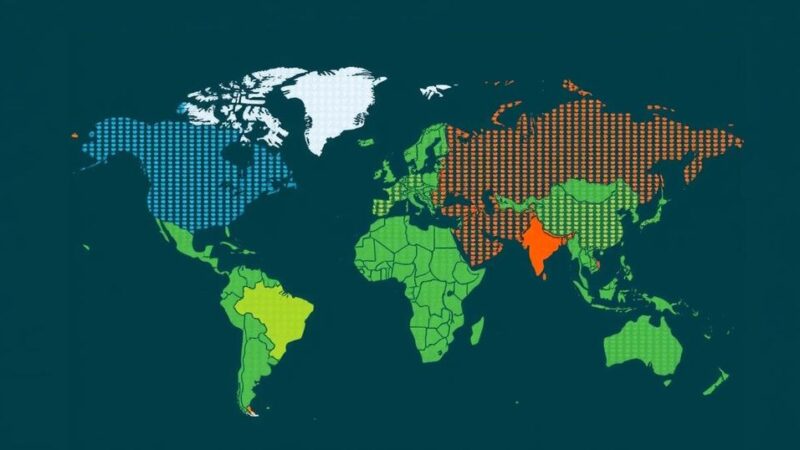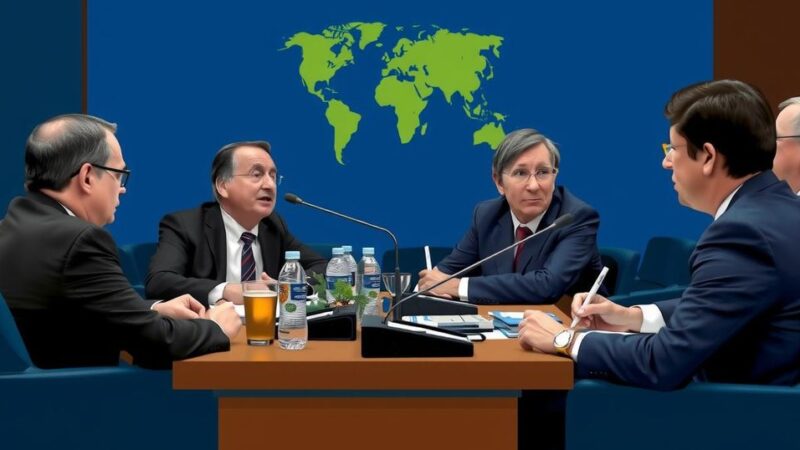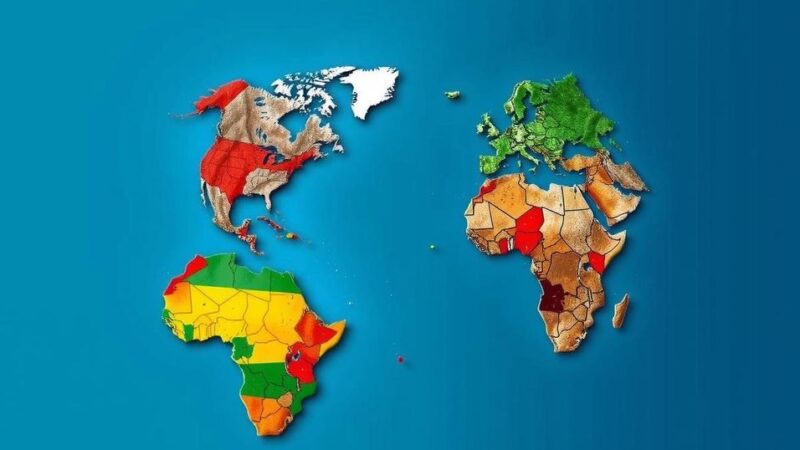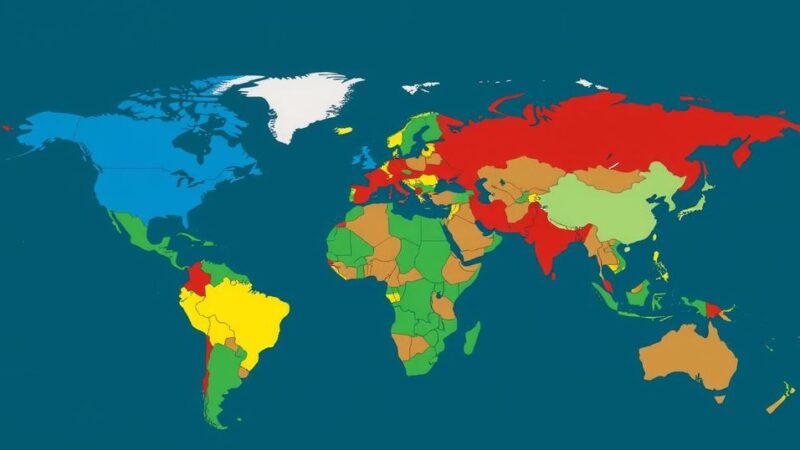Global breastfeeding rates remain low, with only 44% of women meeting the World Health Organization’s guideline for exclusive breastfeeding in the first six months. Initiatives supporting breastfeeding could yield significant economic returns, while the baby formula industry poses health and environmental challenges. A proposal suggests leveraging carbon offset schemes to promote breastfeeding, potentially aligning public health with climate goals. Overall, recognizing and valuing breast milk in economic terms could prompt vital investments in breastfeeding support.
Despite the World Health Organization’s recommendation that women breastfeed exclusively for the first six months, global rates remain concerningly low, with only 44% of women following this guideline and even lower percentages in specific regions such as South Africa, where the rate is approximately 32%. The benefits of breastfeeding extend beyond individual health; breast milk significantly enhances infants’ immune systems and decreases the likelihood of various illnesses, thereby contributing to improved cognitive functions. Economically, investing in breastfeeding initiatives has been shown to yield substantial returns. The World Bank estimates that for every dollar invested in promoting breastfeeding, there is a potential economic return of $35, indicating a potential injection of billions into economies worldwide. In contrast, the baby formula industry, valued at approximately $55 billion, is heavily marketed and poses health and environmental concerns. The manufacturing and distribution process of baby formula, which primarily relies on cow’s milk, contributes significantly to greenhouse gas emissions. With a third of global emissions linked to the food system, transitioning to breastfeeding could play a pivotal role in diminishing these figures The proposal to align breastfeeding with carbon offsetting schemes underscores the potential to address both public health and climate change. This proposal suggests that high-income countries, which are major greenhouse gas emitters, should finance clean energy projects in lower-income nations in exchange for emission credits. This initiative aims to reduce reliance on baby formula while promoting breastfeeding. An economist, Julie Smith, has advocated placing a monetary value on breast milk, which if recognized, could substantially impact GDP calculations and drive government support for breastfeeding initiatives. Smith’s analysis reveals that globally, women produce an estimated 35.6 billion liters of breast milk annually, valued by some at around $100 per liter, translating to a staggering $3.5 trillion worth of natural resource. Despite the health advantages and economic potential of breastfeeding, governments often fail to invest adequately in programs that support this natural practice. Consequently, the world loses out on around $341.3 billion annually in enhanced health outcomes that breastfeeding facilitates. Smith, drawing – upon the advocacy of scholars like Joseph Stiglitz and Amartya Sen, points out the inconsistency inherent in economic systems that elevate unhealthy, carbon-intensive industries at the expense of undervaluing essential, unpaid work such as breastfeeding. Strengthening breastfeeding support systems could lead to healthier populations while simultaneously tackling climate change.
Breastfeeding is a pivotal aspect of infant nutrition and health, with extensive benefits for both mothers and children. The World Health Organization recommends exclusive breastfeeding for the first six months, emphasizing its role in bolstering infants’ immune systems and preventing various health issues. However, global breastfeeding rates are alarmingly low, particularly in regions such as South Africa. The article discusses the economic implications of the breastfeeding versus baby formula debate, including the potential financial benefits of investing in breastfeeding initiatives over reliance on commercial formula, which has both health and environmental repercussions. Current breastfeeding statistics reflect a troubling trend, exacerbated by the powerful marketing of the baby formula industry.
In summary, enhancing breastfeeding rates offers profound health, economic, and environmental benefits. By recognizing the value of breast milk in economic terms and supporting mothers with comprehensive breastfeeding initiatives, society can simultaneously address public health issues and combat climate change. The ongoing dialogue about the undervaluation of breastfeeding in economic assessments highlights the urgent need for policy shifts conducive to better health outcomes and sustainable environmental practices.
Original Source: www.news24.com






